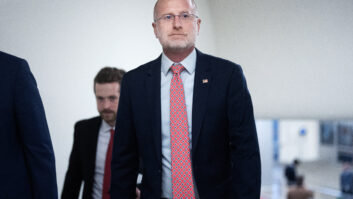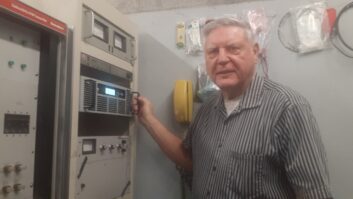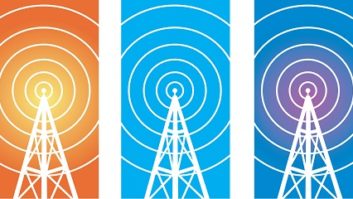The Amherst Alliance, a media reform advocacy group and long-time LPFM proponent, has asked the FCC to allow locally-originated programming on FM translators.
In a petition for rulemaking filed to Docket 99-25, the group says the commission has considered the possibility before and it’s time to do so again, now that so many satellite-fed FM translators are on the air, and with more groups seeking such licenses.
“Originally, translators were authorized as tools for filling geographical gaps in a local radio station’s coverage,” wrote Amherst President Don Schellhardt. “However, with the emergence of satellite technology and ‘string-along’ transmitter siting, translators have often become the exact opposite of what was originally intended. Many of them have become outposts in regional and national broadcasting networks.”
Allowing translators to originate local programming would “convert” those that are not local to a local programming outlet for at least part of the day, he argues. Some restoration of “mom and pop” broadcasting might occur if local businesspeople were able to acquire commercial translators and then “convert” them, partly or fully, to locally originated programming, Schellhardt writes.
The group also proposes that existing satellite-fed FM translators and existing satellite-fed LPFMs should be placed into a new, lower priority category, which Amherst calls “Auxiliary” Secondary Service, except when such stations have agreed to ramp up, over two years, to eight hours per day of locally originated programming.
Those satellite-fed FM translators and satellite-fed LPFMs that do ramp up would receive full Secondary Service Status. Those stations that remain fully or mostly non-local would slip into a newly established Auxiliary Secondary Service Status, allowing them to be displaced by either locally-oriented translators or locally-oriented LPFMs, proposes Amherst.
Amherst proposes that this be a condition of licensing for new satellite-fed FM translators and existing satellite-fed LPFMs.
“Just as we assert that an existing ‘satellator’ that airs at least eight hours per day of locally-originated programming deserves more displacement protection than an existing satellator which falls below that localism threshold, so we assert that a satellite-fed LPFM which meets the eight-hour threshold deserves more displacement protection than a satellite-fed LPFM that does not,” Amherst writes.
The petition is the third of three addressing implementation of the Local Community Radio Act. The new petition is designed to complement one filed in February, in which Amherst proposed targeted protection for certain radio stations against displacement by full power stations, in certain cases where the Local Community Radio Act does not preclude such protection.
— Leslie Stimson







